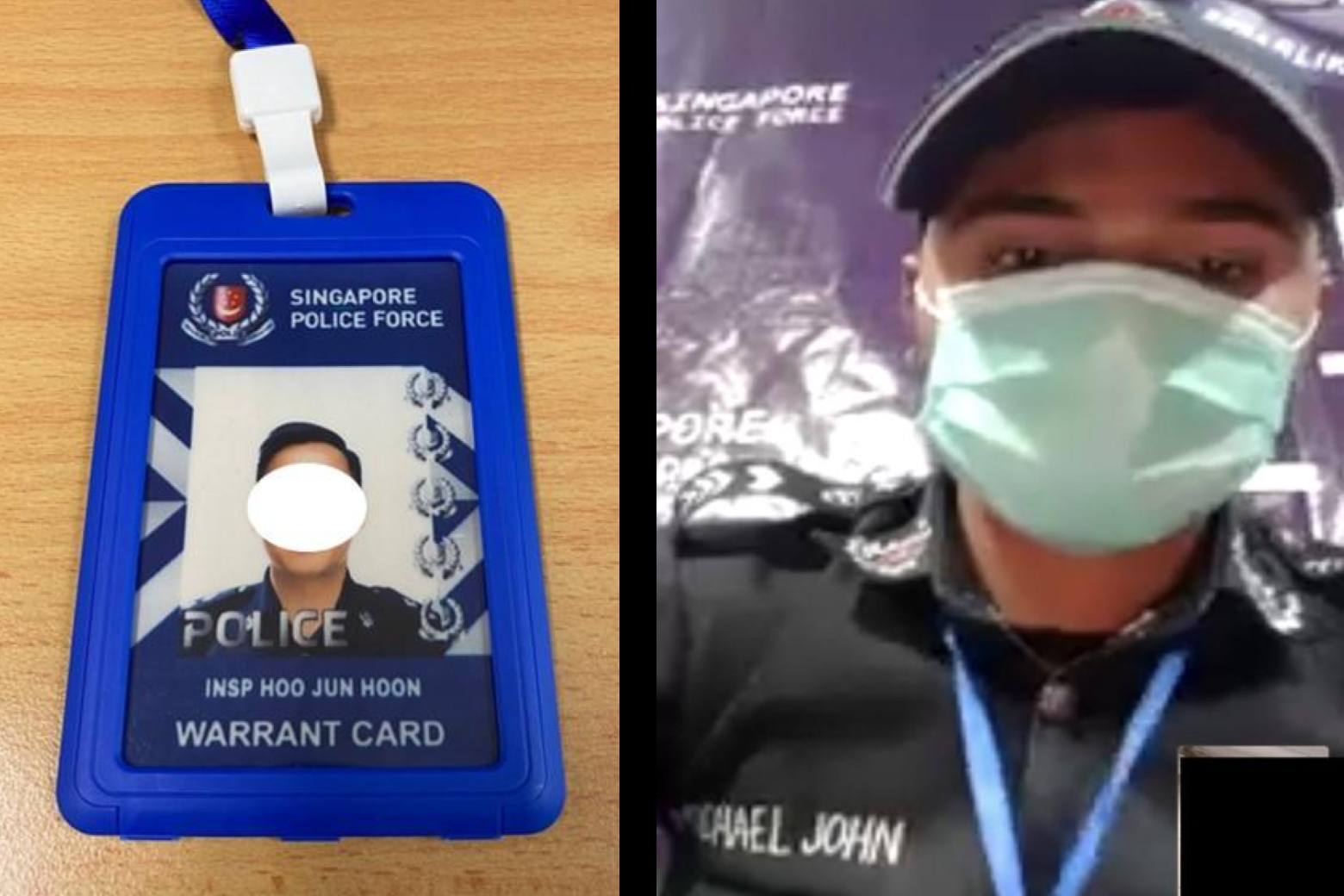John (not his real name), 59, thought he was helping the police.
A series of urgent phone calls from supposed authorities – two “police officers”, a “court official”, and an “auditor” claiming to be from the Monetary Authority of Singapore – convinced the father of two that he was embroiled in a money laundering investigation.
He even received a fabricated court document for his “offences”.
John, who has been living in Singapore for over 17 years working in the financial services sector, knew he had done nothing wrong. But he was fearful and desperate to clear his name.
So he handed over his banking details, hoping to help with the investigation.
He would have lost more than $1 million to scammers if a bank staff had not flagged the suspicious transaction made using his banking credentials.
His near-miss experience highlights a worrying trend: Government impersonation scams are on the rise, with 369 cases being reported in the first half of this year, says the Singapore Police Force (SPF) – up from 320 in the same period last year. These scams also have the highest average losses at about $116,000.
Why the scam works
Such impersonation scams often come with a “layered method of deception melded with allegations of involvement in crime”, says Police Superintendent Rosie Ann McIntyre, assistant director of the Scam Public Education Office Operations Department, SPF.
Victims become fearful and more compliant to the scammers’ requests for money.
To gain the victims’ trust, scammers impersonating SPF officers may:
- Send images of fake SPF warrant cards via messaging applications such as WhatsApp
- Send forged documents such as fake reports or letters with SPF letterhead, which may contain the victims’ particulars divulged during their previous conversations
- Initiate video calls while dressed in fake SPF uniforms

How can you tell the difference between genuine inquiries and scam attempts? “No government agency will ask for the control of your bank accounts, your bank account details or require you to transfer your money to another bank account,” says Police Superintendent McIntyre.
“SPF officers will also never identify themselves by sending an image of their warrant card or documents with the police letterhead through any online communication channels.”


